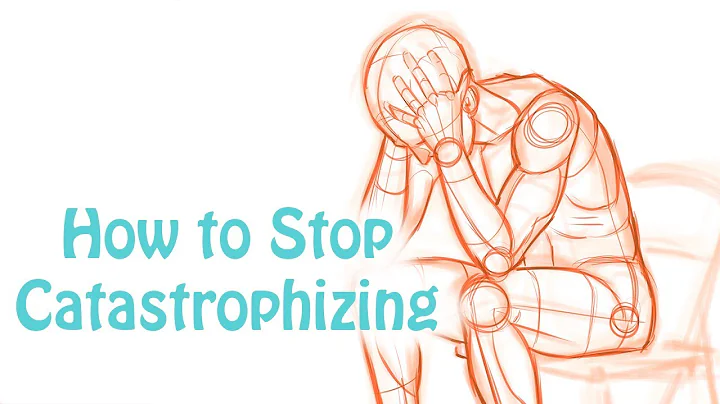
Where does anxiety come from before going to bed
1. We have programmed our brains to "be anxious as soon as we lie down". Think about it. When you end the day, put down your phone and lie in bed, will you start to look back on the day involuntarily? Planning for the next day's mission, and even starting to worry about whether I can sleep?
When we repeat this habit, the brain does not associate the action of bed and lying down with "sleep", but associates the action of bed and lying down with a series of actions of "worry", "review" and "anxiety" , connected together.
Over time, when we think of "night" and "sleep", what comes to our mind is not peace and sweet dreams, but those specific worries, and the anxious eyes lying in bed wanting to sleep but unable to fall asleep.
even falls into the vicious cycle of "anxiety for the sake of anxiety".
2. If you don’t have time during the day, you can only worry at night. In fact, people’s anxiety will always exist if it is not resolved, but there are too many distractions during the day, so they will not fall into negative emotions.
During the busy day, our brains have no time to think about those anxieties. However, these unprocessed worries do not disappear, but are delayed until night, suddenly appearing in our minds before going to bed, and making it difficult to sleep.
Psychological research points out that the most frequent time period for panic attacks is between 1:30 and 3:30 in the morning
3. Falling into negative self-talk, exacerbating anxiety
Our brains are very good at thinking about possibilities and imagining outcomes, and they will always repeat it. Think about past events and the problems associated with them, trying to make sense of them or imagining different outcomes for them.
If it happens during an anxious night, it will turn into us reflecting on ourselves over and over again: Did I do something wrong? What did I do wrong? How will this affect me? ... This will trigger endless, negative self-talk, constantly repeating tension and fear in the mind, thereby exacerbating the feelings of depression and anxiety. How can you sleep peacefully in this way?
So how do you tell it to stop being anxious and have a good rest?
1⃣Suggest to yourself that it is bedtime rather than anxiety time. Develop some bedtime habits. These can include activities such as bathing, brushing teeth, changing pajamas, reading, praying or listening to music. This will help send a signal to the brain: "When I While doing this, I am ready to rest!" This helps release sleep hormones and initiates the sleep response.
2⃣Choose a time during the day to listen to your inner anxiety.
3⃣Guide your brain to engage in positive self-talk. When you find that you are constantly creating anxiety in your memories and falling into negative thoughts, learn to consciously evaluate these thoughts. Instead of dwelling on what went wrong, look for solutions to the problem.
If you find that what bothers you is past memories or things that you can't do anything about, tell yourself - I can't control everything, instead of blindly blaming yourself, because this is a secondary harm to yourself.
Recall happy things, write down the achievements of the day, try to affirm yourself, and pray for the future.
Another important method is to think about what you are grateful for before going to bed.





















